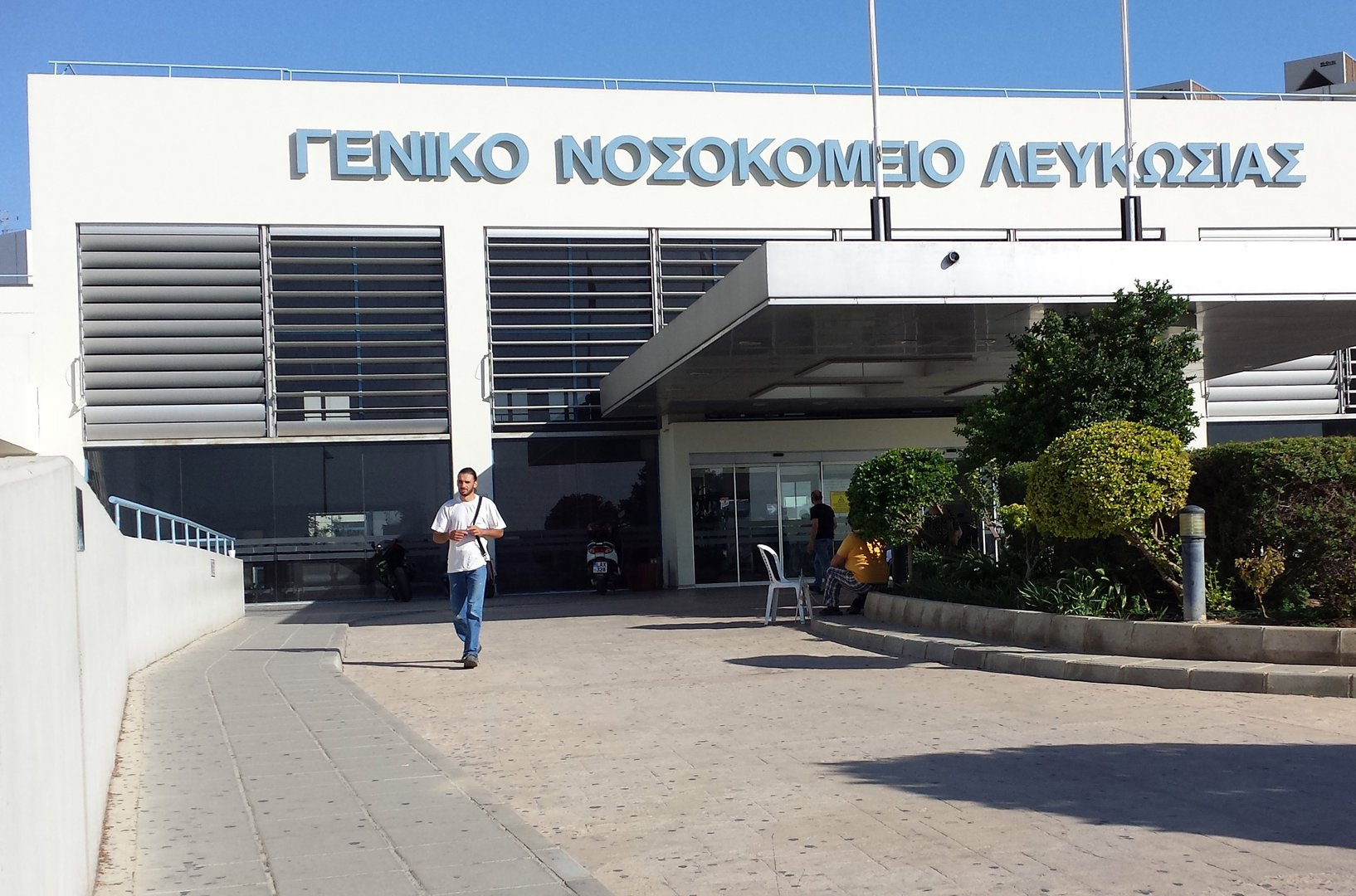Several cases of heat exhaustion have been reported across public hospitals in Cyprus since the onset of the current heatwave, state health services (Okypy) spokesperson Charalambos Charilaou said on Monday.
Heat exhaustion is an illness that can happen when someone’s body gets too hot and cannot cool itself. It is one of three major heat-related illnesses. The other two are heat cramps, which are less serious, and heatstroke, which is the most serious.
Speaking to the Cyprus News Agency (CNA) Charilaou specified patients suffering from heat exhaustion are normally discharged after treatment.
As of Monday, three elderly patients, two men and one woman, are hospitalised in serious conditionat the Nicosia general hospital for heatstroke.
The head of the paediatric department at Makarios hospital in Nicosia Avraam Elia also stressed the health risks for children due to the lack of air conditioning in classrooms during heatwaves.
“Without air conditioning, children can become dehydrated, experience discomfort, headaches, abdominal pain, and fever. These are symptoms of heatstroke, which is prevalent in the current heatwave conditions in Cyprus,” he said, adding that many children are currently reporting these symptoms, leading to decreased concentration and performance in school.
“Heatstroke occurs with prolonged sun exposure or when individuals are active in extremely high temperatures. This condition results in the body’s temperature rising to dangerous levels and is considered a medical emergency, particularly affecting young children, infants, the elderly, and the vulnerable,” Elia said.
Symptoms of heatstroke include muscle cramps, dizziness, confusion, headaches, nausea, and vomiting. Severe cases can result in delirium, seizures, and loss of consciousness. The skin may become hot, red, and dry, with body temperatures potentially reaching 41°C, accompanied by rapid breathing and a slowed heart rate.
“In severe heatstroke, patients can suffer massive muscle breakdown, kidney and respiratory failure, and pulmonary edema. It is an urgent situation, and in advanced stages, it can lead to encephalopathy, coma, and even death, with a mortality rate around 25 per cent,” Elia continued.
To prevent heatstroke, he advised people to stay hydrated, eat plenty of fruits and salads, reduce sugar and alcohol intake, avoid sun exposure, and wear light, loose clothing and hats.
In suspected cases of heatstroke, it is crucial to move the affected person to a cool area, remove excess clothing, apply cold compresses, and offer fluids if possible. Immediate medical attention at the nearest hospital is recommended.
“Children are particularly susceptible to heatstroke due to their larger body surface area relative to their body weight, which makes them more prone to dehydration,” Elia concluded.






Click here to change your cookie preferences